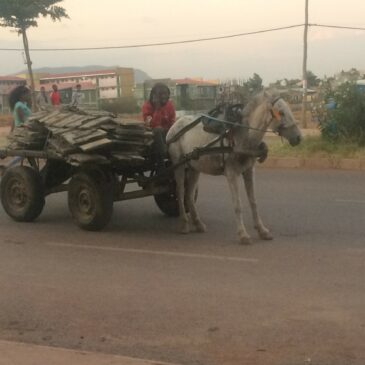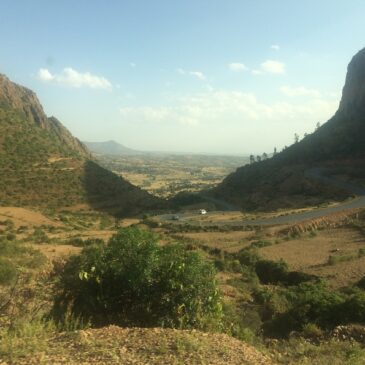News Highlights: RSF moves into Al Jazira state, Roundtable on Eritrea, Tunisia sends €60 million back to EU amidst tensions
In this week’s News Highlights: Roundtable on Eritrea; African Union speaks out on Israel-Palestinian conflict; RSF moving into Al Jazira state in Sudan; Number of deaths continues to mount in Sudan; UNHRC adopts resolution to establish independent fact finding mission in Sudan; Sudan education crisis as 19 million children are out of school; Bellingcat investigation geo-locates videos in Sudan; UN Special Adviser warns of heightened risk of genocide in Ethiopia; USAID resumes food aid to refugees in Ethiopia; Tigray Interim Government preparing for defence as ICHREE mandate not extended; Eritrean PFDJ-linked Council announces demonstration in Germany; Ethiopian diaspora calls for cessation of hostilities in Amhara and Oromia; Report looks at Libyan human smuggling dynamics; Tunisia hands back 60 million euros to EU; Tensions are rising between Maghreb countries and the EU; Reform of EU migration policy nears completion; European Commission’s response to Hungary about EU’s migration pact; Med5 group meets in Greece to discuss migration; German draft proposal to facilitate deportations; and German foreign minister addresses misunderstanding over funding to NGOs.




